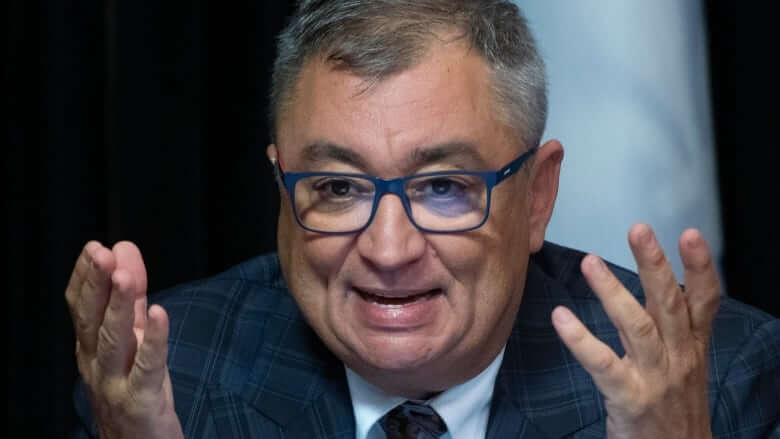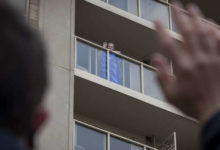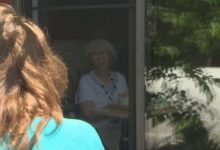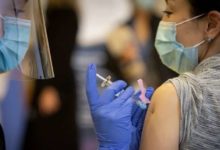Horacio Arruda to testify at inquiry into long-term care homes

Quebec’s director of public health, Dr. Horacio Arruda, is expected to face tough questions today at the coroner’s inquest looking into the deaths of thousands of seniors during the first wave of the COVID-19 pandemic in spring 2020.
Arruda will be the highest-ranking provincial official to appear as a witness at the inquiry, led by Géhane Kamel.
The inquiry has heard previous witnesses criticize the province’s slow response in the early days of the pandemic, as well as its failure to grasp the seriousness of what was to come or to anticipate that seniors would be adversely affected.
On Thursday morning, Richard Massé, Arruda’s right-hand man during the first wave, outlined the protocols in place to respond to public health emergencies in the province.
He recounted how the first COVID-19 case in Quebec was confirmed Feb. 27, 2020 and emergency public health measures were implemented March 13. Visits to long-term care homes were prohibited two days later, on March 15.
When asked if the province’s response was “optimal” after seeing what was happening in Europe and China, Massé said the province followed other jurisdictions closely but that early scientific literature on the coronavrius wasn’t always complete.
He acknowledged that the hospital system was “better protected” than the network of long-term care facilities during the first wave.
Questions blocked due to cabinet confidentiality
The province’s public health leadership has come under scrutiny during the inquest.
Last week, patients’ rights advocate Paul Brunet told the inquiry that he considered Arruda’s handling of the early days of the pandemic — alongside the health minister at the time, Danielle McCann — to be so awful that he filed a criminal complaint with provincial police accusing them of negligence.
Brunet said the province should never have transferred hundreds of patients from hospitals to CHSLDs during the first wave.
He also said it should have stockpiled more personal protective equipment, instituted mass testing in care homes earlier, and allowed family caregivers to continue to visit their loved ones.
Brunet said these decisions contributed to thousands of seniors dying.
Arruda oversaw all these decisions as the province’s director of public health. The inquiry tried to get answers on some of those questions Wednesday, but was stonewalled by a lawyer for the Health Ministry.
Jocelyne Sauvé, a specialist with the province’s public health institute, the INSPQ, was testifying about various scenarios presented by the institute to the ministry in a meeting on March 9, 2020.
At one point the lawyer for the ministry objected, saying discussing those scenarios would violate cabinet confidentiality rules.
Kamel agreed to stop the questions at that point, although the coroner said she hoped to arrive at a compromise so those scenarios could eventually be shared with the inquiry.
“I do not feel at all that we are within the scope of parliamentary privilege,” Kamel said, stressing that being prevented from seeing those scenarios could give the impression that her inquiry lacks transparency.








Redes Sociais - Comentários